
Quotes & Sayings
Sunday, December 24, 2023
Existentialism in Education: Themes, Philosophers, Pros and Cons

Monday, December 18, 2023
Rel22 and Personal Updates + the Continuation of Our Existentialism Series
 |
| the splint behind the knee required a rag stuffed behind it to relieve the chaffing going on |
 |
| Michigan in December |
 |
| Mapping the evolutionary profile of SARS-CoV-2 and COVID-19 using mutation order approach |
 |
| SARS-CoV-2 variant biology: immune escape, transmission and fitness |
 |
| Virus Mutations Reveal How COVID-19 Really Spread |






Travel Series - Bill Gates "UnConfuse Me" Series
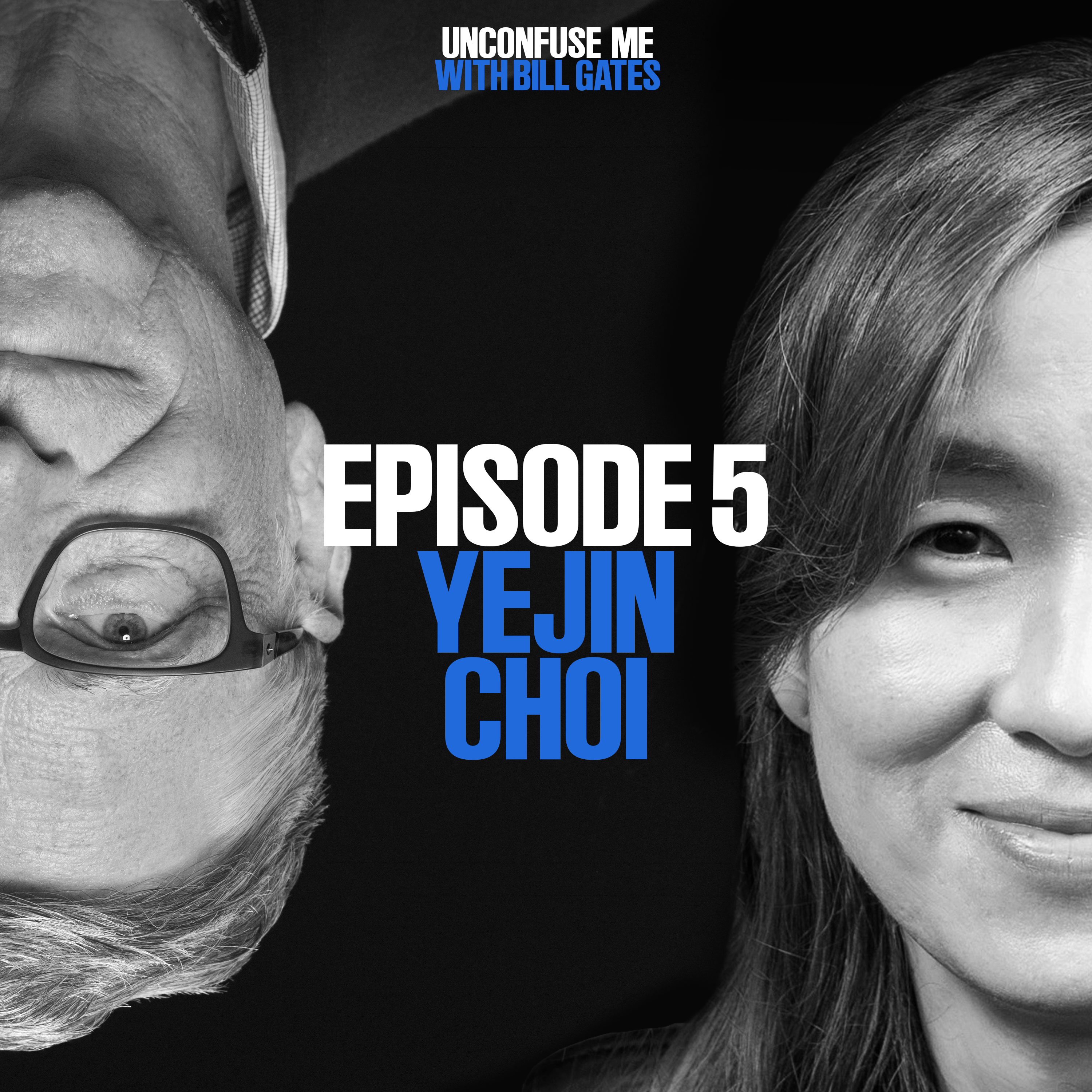
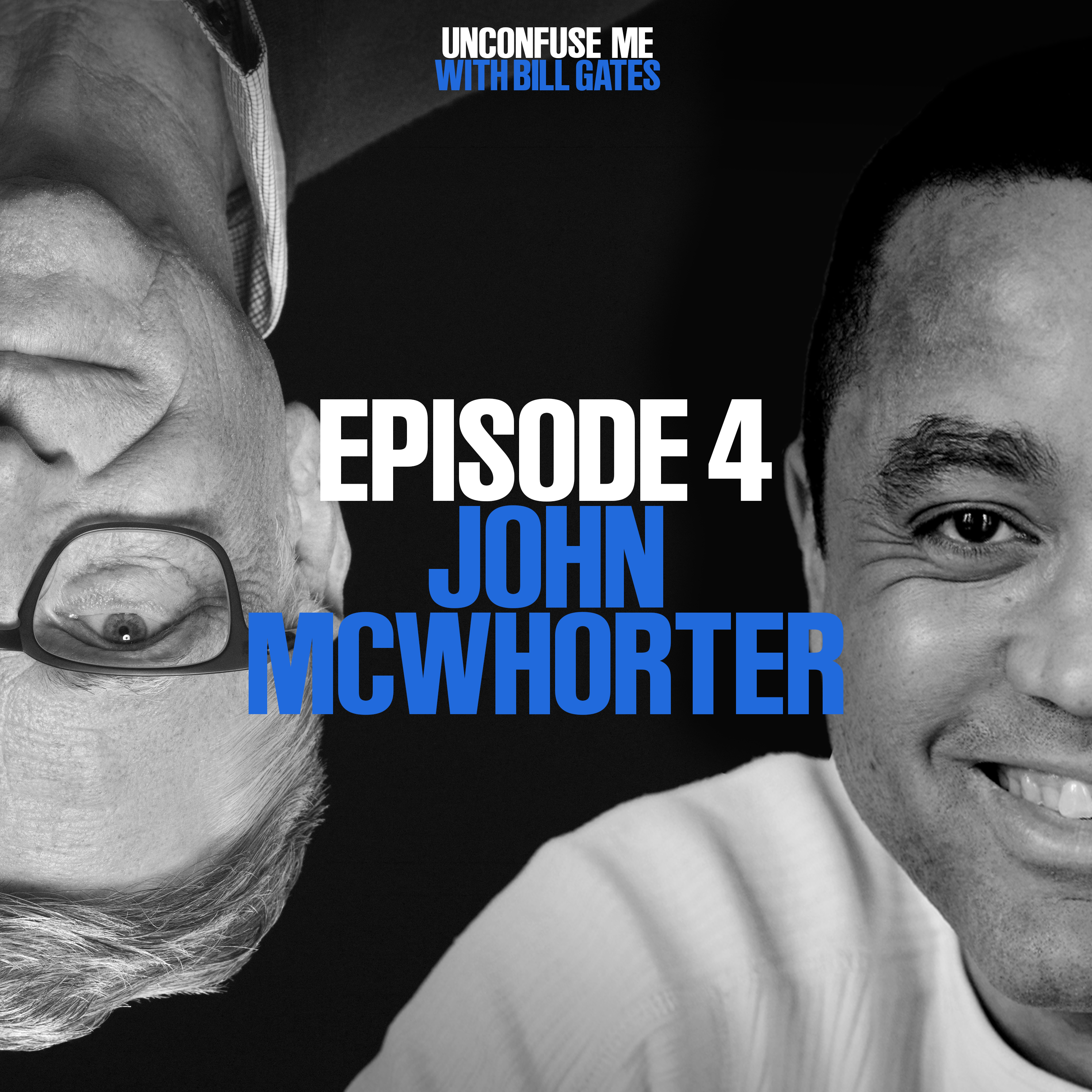
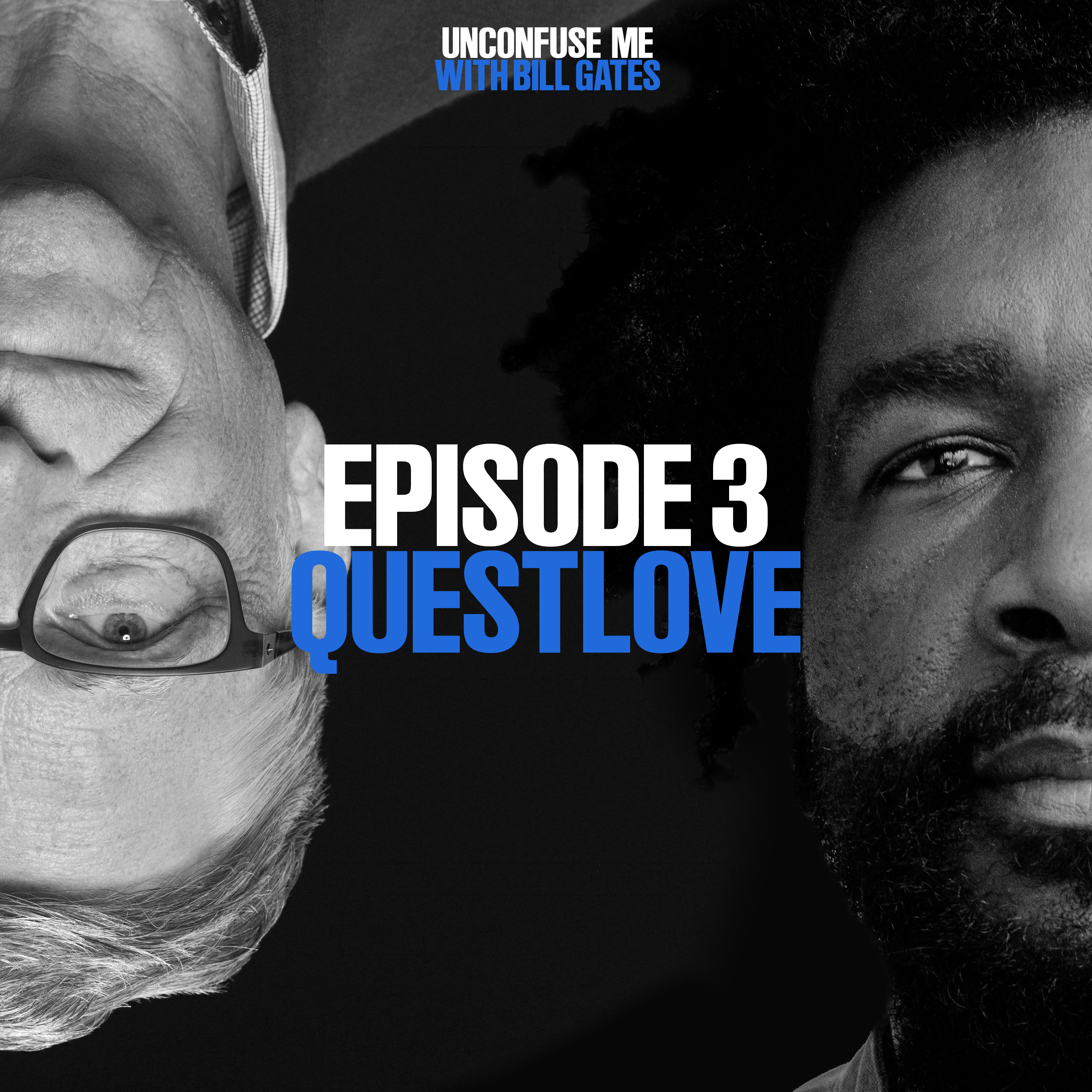
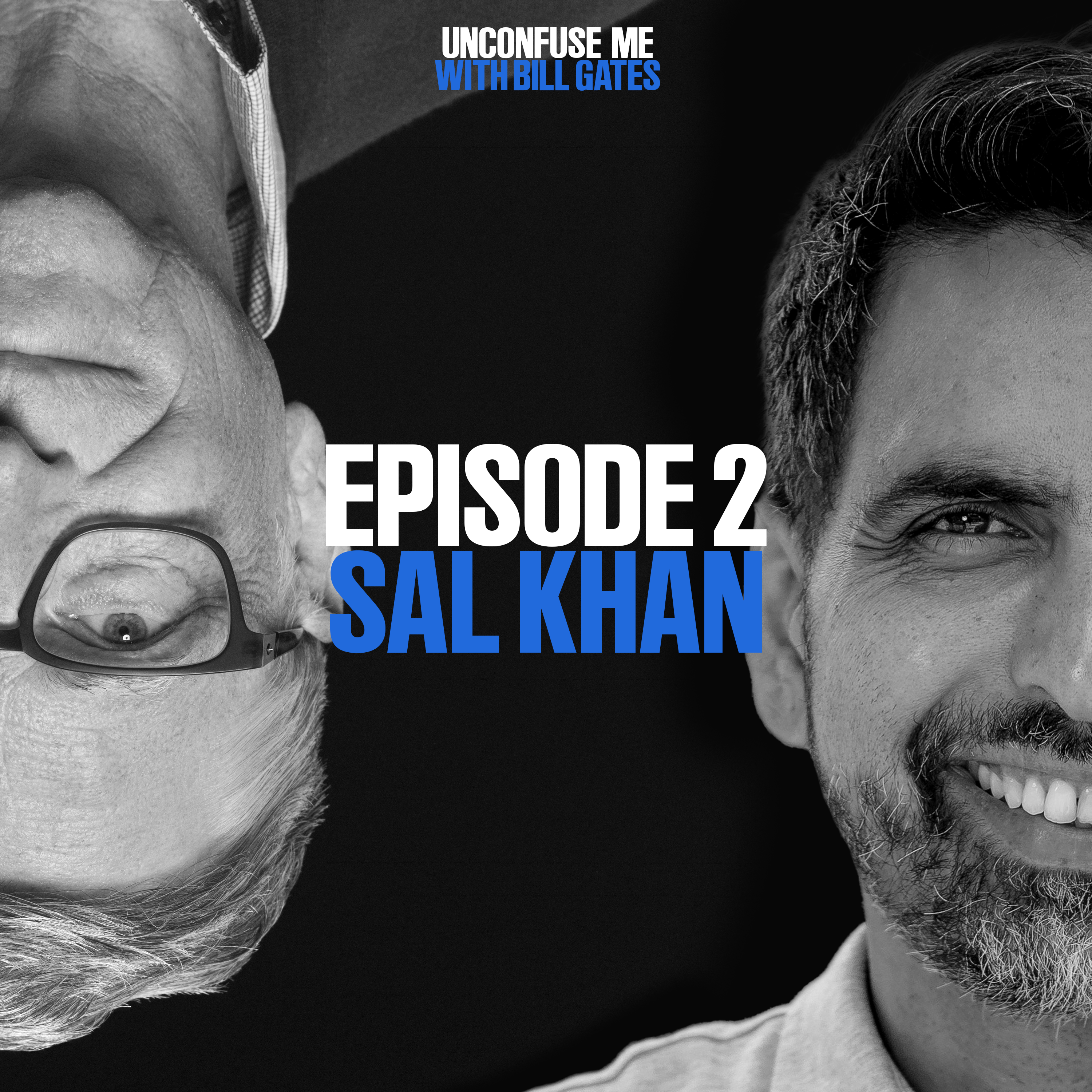
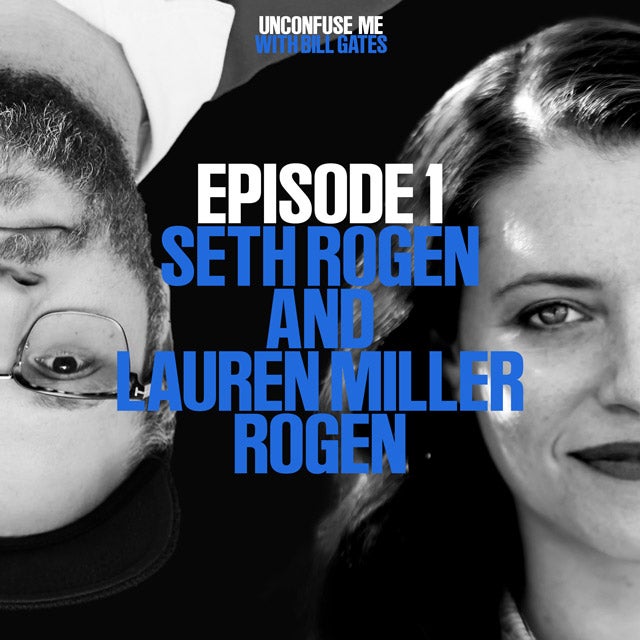


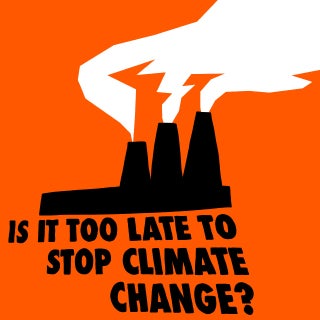

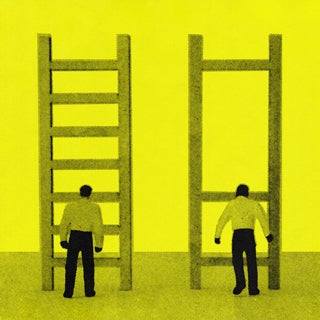

Sunday, December 17, 2023
America is First "A Land of Rights and Freedoms" Before it ever was a Christian Nation
 |
| Under MAGA'ism America is become torn apart... - re slater |
 |
| Before America was ever a Christian nation it was First and Foremost a Land for Individual Rights and Liberties. - re slater |
“Those who do not learn from history are doomed to repeat it.” This was most likely spoken by the writer and philosopher George Santayana who originally wrote, “Those who cannot remember the past are condemned to repeat it.”
In the neo-conservative and hardliner Trump's case - along with his MAGA republican party and ardent White evangelical adherents - Trump's divisive White Christian Nationalist planks speaks to Santayana's adage.... That every dictatorship or a tyrannical government eventually had led to a deeply unsettling revolution.... And in this case, just about every revolution which places "total power" into the hands of a single ruler will always lead to an authoritarian, autocratic rule....
Accordingly, authoritarian institutions which are funneling the majority of corruptible wealth into the hands of a politically elite and corrupt minority will never progress towards societal equality and fairness....
More rather, these (MAGA) elitist power centers will run downhill becoming more and more craven, despotic, and totalitarian, towards those who originally placed them into power by supporting the (MAGA) autocratic movement away from an openly civil democracy towards forms of controlling, neo-fascism. And when done, will be very difficult - if not impossible - to break up, or up-end, as the world recently discovered again under Hitler's Nazification of monarchal Germany (1933-1945).
People who remember their failures and errors; who contemplate in what ways they could have made things better; who familiarize themselves with their past; simply will not make the same mistakes again.
Why? Because they now know how NOT to accomplish their goals. Their "hindsight has become 20/20"... when re-capturing their acknowledgement that mistakes were made in the past but then they will no longer remain ambiguous as to why those mistakes had occurred and under what circumstances.
That the reformationists to the Catholic Christian faith had fundamentally left the state-supported Catholic Church to establish protesting (aka, Protestant) Christian faiths of various ilks and sorts in America's newborn colonies.
Consequently, such a national history as America's thereby attests more to the fact that America was born out of the necessity to live somewhere where individuals and families could live apart from religious oppression, inquisition, loss of wealth and life.
 |
| As Massachusetts went, so did the rest of Colonial America... - re slater |
Thus and thus, America is a land of individual rights and freedoms before it ever was a breakoff Christian state where European reformists might come and worship how they wished and by what standards they wished to embrace.
Firstly, we are continually blessed with religious, anti-statist, faithful migrants from around the world. Those peoples who have left unsafe local communities in their former countries to live in an America better known for it's blended families of migrants than for what it has more recently become as unwanting fleeing migrants from impoverished, criminally corrupt local governments blinded to the individual rights and freedoms of individuals and families, friends and neighbors.
Moreover, these same global migrants who are fleeing their homes to come to America's Lands of Reformists are first-and-foremost seeking security and protection to their individual and familial rights and interests.
If anything, because of America's Christianizing ideals of equality, fairness, and freedom, all other Christian and non-Christian faiths may now enter into America to find a promising community lifestyle of peace, toleration, and amiability with one another.
Hence, America's enculturated differences are its biggest strength. That it's union of dissimilars is it's highest priority... and NOT it's division into competing racist groupings.
Click here to read of Animal House's Character List
“The creatures outside looked from pig to man, and from man to pig…it was impossible to say which was which.” (Orwell, 141)
"There were times when it seemed to the animals that they worked longer hours and fed no better than they had done in Jones’s day. On Sunday mornings Squealer Pig, holding down a long strip of paper with his trotter, would read out to them lists of figures proving their chaining bondage.
“A lie told often enough becomes the truth,” this is a quote from the Soviet Union dictator, Vladimir Lenin.
Thus, the underlying idea is signified when revealing the truth that the most harmful people in society are people who lie so often to themselves, and to those who are willing to listen to them, that they forget what was in exchange for what they pretend things to be....
How George Orwell Use the Theme of Power In Animal Farm
Power can be recognized as the most dangerous weapon to use against a civilization.
In George Orwell’s work of fiction Napoleon takes personal (sovereign) supremacy in a communist/totalitarian animal society, and becomes corrupted by the power he usurped when applying (state-based) cruelty to the other animals when disobeying the commandments they had acclaimed to observe.
Cruelty then is used with one's usurped privilege of power whenever an autocratic leader forming an autocratic state applies such means of power to the people who placed him into power.
As such, when Napoleon removes Snowball Pig (aka, Leon Trotsky in real life) from the animal farm using his predator dogs, the other farm animals finally perceive who the dogs really are:
“They were the puppies whom Napoleon had taken away from their mothers and raised privately [to be his own].” (Orwell 53).
The Rise Of Nazi Power
In summation,
“One of the most important reasons for studying history is that virtually every stupid idea that is in vogue today's present societies have been tried before and proved disastrous before, time and again.” (Sowell) - aka, the essayistAn abridged commentary,
Related Articles
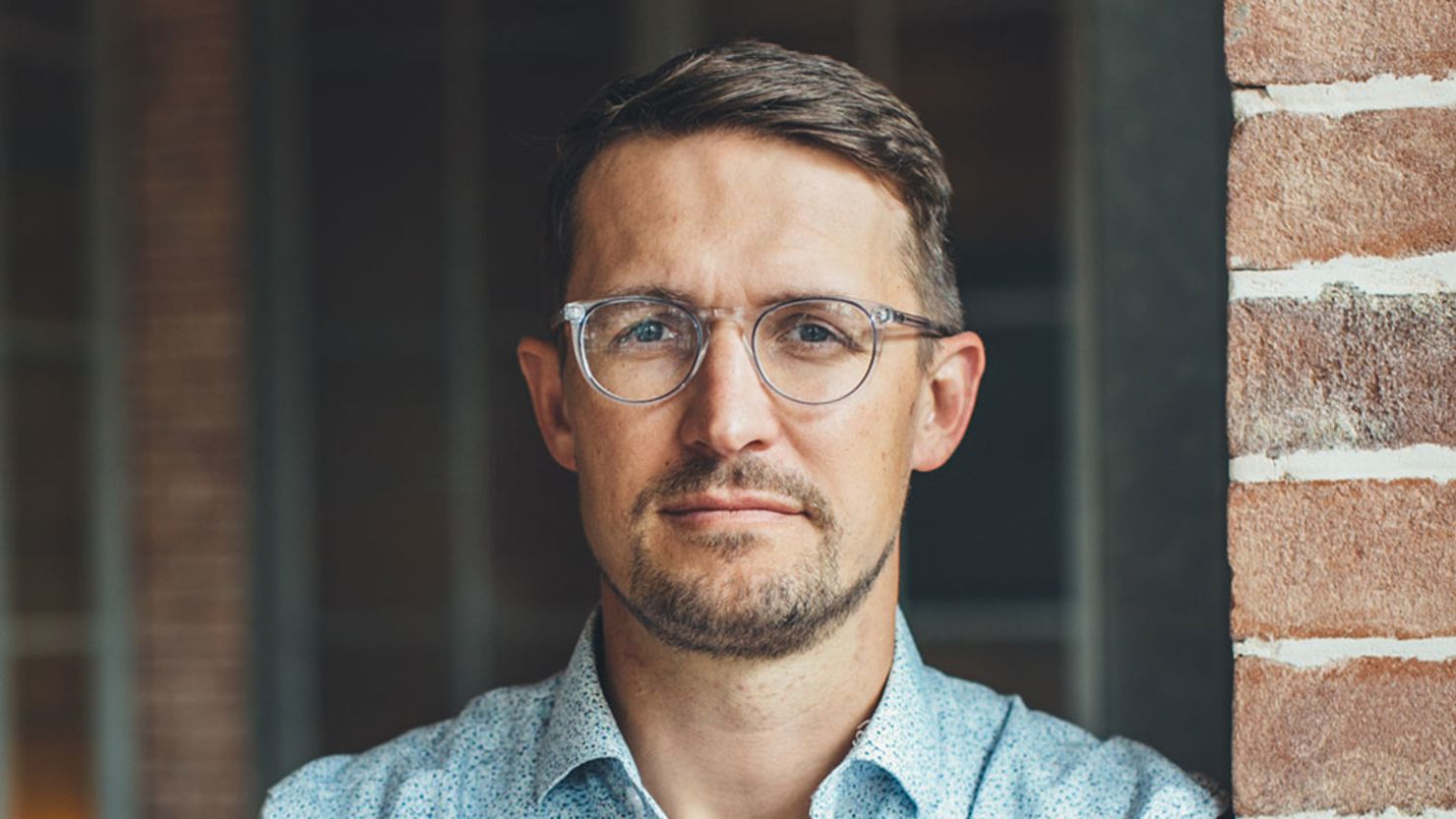 |
| Author Jon Ward: "The idea that America is a Christian nation is actually not faithful to historic Christianity."Lawrence Jackson |
A White Christian evangelical, who has been described as “the embodiment of White Christian nationalism in a tailored suit,” is now second in line to the presidency.Rep. Mike Johnson, the new Speaker of the House, is a White evangelical. His ascension represents one of the greatest political ironies of our time. White evangelical Protestants make up only about 14% of Americans, and that number has been steadily shrinking. But White evangelicals have amassed more political power than ever. They helped inspire the US Supreme Court to overturn Roe v. Wade last year, and their steadfast support of former President Trump could return him to the White House.Yet there is still widespread misunderstanding of White evangelical subculture. The media tends to depict White evangelicals as foaming-at-the-mouth Christian insurrectionists like some of those who stormed the US Capitol on January 6, 2021.
 |
| Newly elected Speaker of the House Mike Johnson takes his oath of office in the US Capitol. Johnson is an evangelical Christian. | Chip Somodevilla/Getty Images |
 |
| Members of what was once called the Jesus Movement sing at a Los Angeles building in 1971. Ward says his parents came out of a movement of Christians during that decade who were disenchanted with the mainstream church. | George Brich/AP |
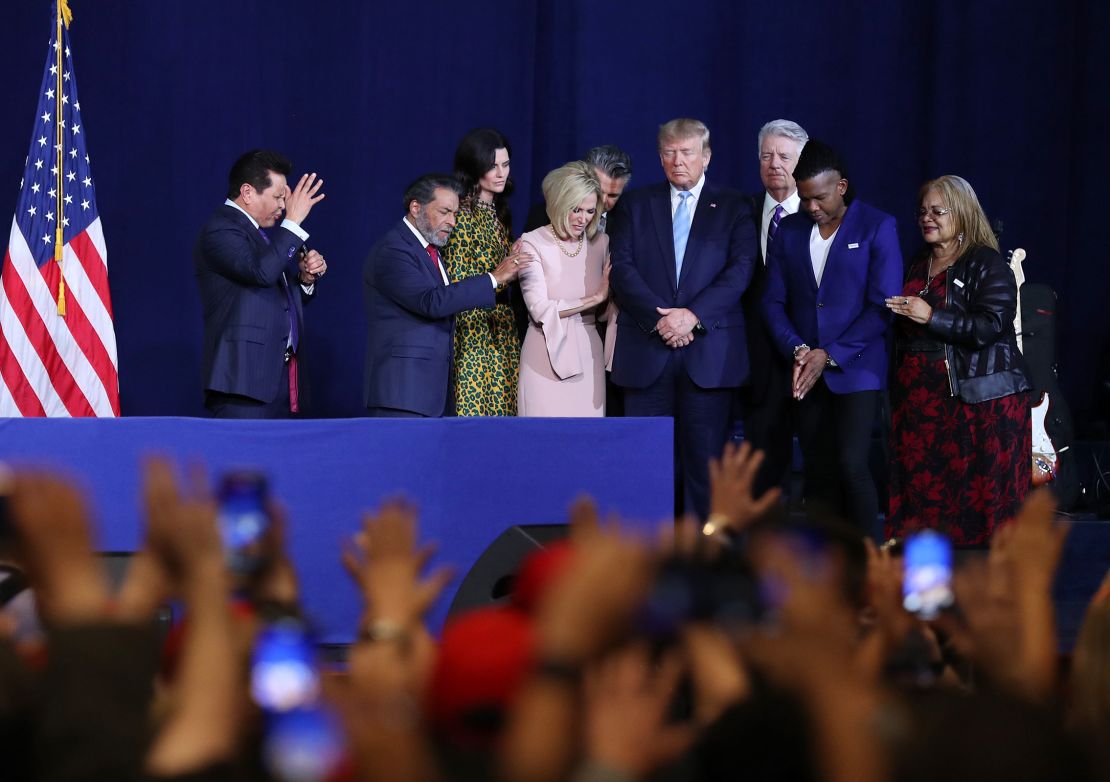 |
| Faith leaders pray over President Donald Trump during an "Evangelicals for Trump" campaign event on January 3, 2020, in Miami, Florida. | Joe Raedle/Getty Images |
*John Blake is the author of “More Than I Imagined: What a Black Man Discovered About the White Mother He Never Knew.”


















